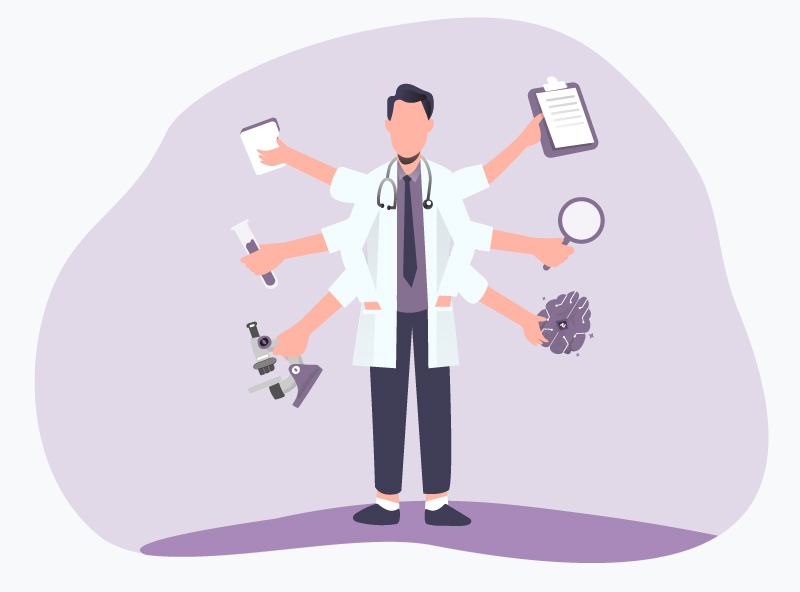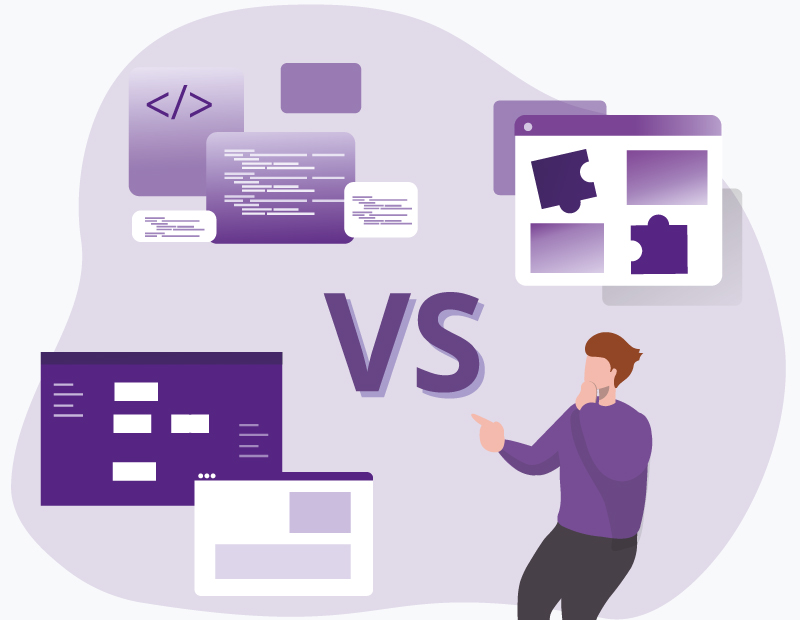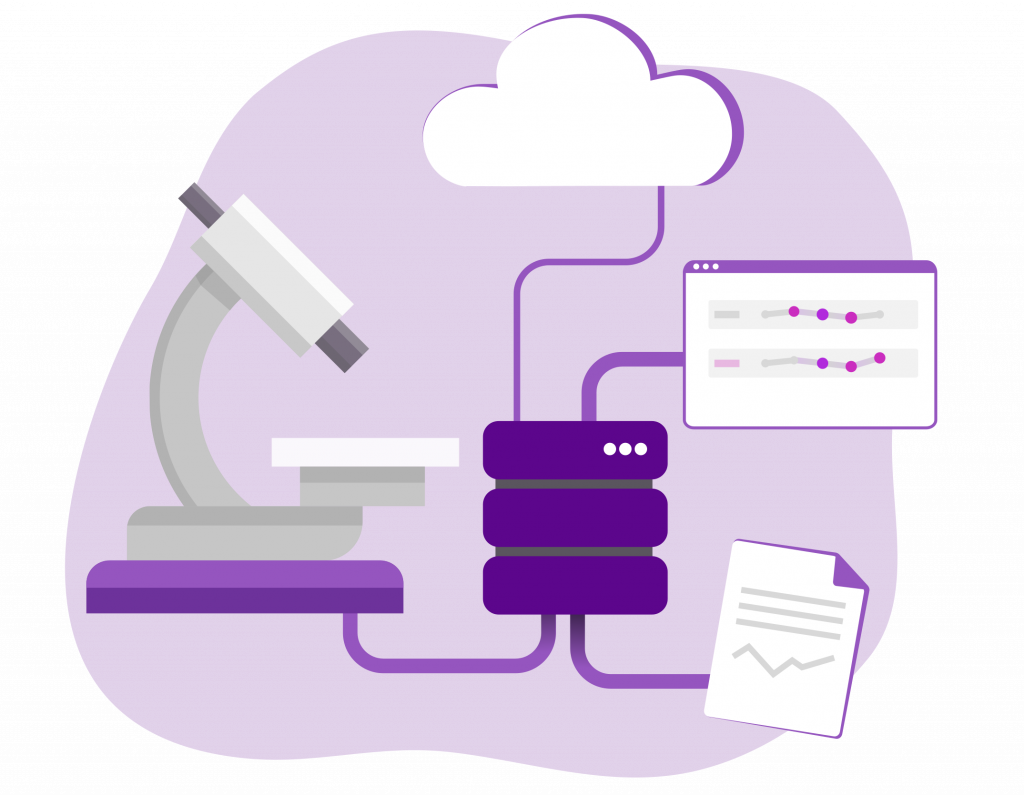A century ago, there were perhaps ten to twenty diagnostic methods, which doctors could personally conduct and interpret. Today, we have thousands of options: hundreds of lab values covering areas like genetics and molecular diagnostics, imaging procedures such as X-rays and MRIs, functional tests like ECGs or ergometry, and endoscopic techniques like gastroscopy. In the past, doctors automatically took on the role of diagnosticians – but do we now need specialists in diagnostics?
The Diagnostician: Filling the Gap
As a professional title, “Diagnostician” has mostly surfaced in English-speaking regions and lacks standardized definitions or specific training paths. In German-speaking regions, the term “integrated diagnostics” comes closest to this concept. All of these discussions and terminologies highlight a growing need for someone with a unique skill set that combines:
- A cross-disciplinary ability to spot small details and connections
- Sufficient depth in a broad range of diagnostic methods
- Theoretical and practical expertise in medical data analytics
- Effective research methods and access to high-quality sources
Diagnostic Challenges – Rare or Common?
The need seems particularly strong in the area of rare diseases. Conditions affecting fewer than 5 in 100,000 people are ones most doctors might never encounter in their careers. Additionally, rare diseases often present differently in each patient and involve symptoms across various specialties. As a result, specialized centers have been established to focus on rare disease diagnostics. In Germany, there are currently 36 of these centers for the estimated four million people affected by rare diseases.
In contrast, chronic pain affects 8-16 million people in Germany, including conditions like abdominal and headache pain. Additionally, one in three adults seeks medical help for dizziness at some point in life. For such common and non-specific symptoms, the differential diagnosis list is long, and so is the path to correct diagnosis and treatment. This has led to the rise of specialized outpatient clinics, pointing to an increasing demand for diagnosticians even in common conditions.
Scalpel for Surgeons, AI for Diagnosticians
Whoever fills this emerging diagnostic gap will need new tools. At medicalvalues, we’ve found that artificial intelligence is well-suited for this purpose.
The right AI technology at the right moment can support diagnosticians by:
- Conducting efficient research for individual cases: Quickly extracting relevant information from the latest evidence for the individual patient case
- Recognizing patterns and connections in both individual and overarching patient data
- Providing tailored data analytics: Selecting the right methods for the specific problem
- Offering intelligent diagnostic support, from indication to pre-analytics and all the way to reporting, even considering rare exceptions
What do you think: Is the Diagnostician on the way? Are they already here? Are you perhaps already one yourself, seeking suitable tools? Our medical and IT experts at medicalvalues look forward to connecting with you. Feel free to reach out to me by email.
Dr. Sonja Hermeneit
Physician at medicalvalues GmbH
Sonja.Hermeneit@medicalvalues.de




